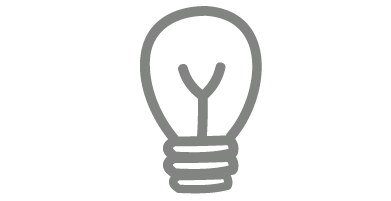“The highest function of education is to bring about an integrated individual who is capable of dealing with life as a whole.”
The world is getting more complex… rapid globalization, accelerating technology, widening social-economic gaps, environmental impact, ubiquitous social media… it’s enough to make you want to crawl back into bed. The knowledge and skills required to be successful today are much more complicated than in generations past, and increasing every day. Yet while we race to invent ever-more advanced technology to sustain a full-speed life, is our level of wisdom keeping pace?
Every now and then, it’s important to stop and take stock of how consciously we’re creating the world we want to live in. Education systems are struggling to keep up with this increasing work-load. How do we best prepare our children for a successful life? What do they need to learn for a healthy adulthood? Fortunately for us, there is a growing body of research that’s studying these exact questions.
























